From Beyoncé going country to Reddit going public, social media had no shortage of events to talk about (and meme about, for that matter).
The creator economy is “beautiful,” Bluesky says — and they’re going to be a part of it.
This according to the decentralized social platform’s Chief Operating Officer, Rose Wang, who shared details about the company’s plans to create a way for creators to monetize, along with a subscription model, in the coming months.
Rose shared more about what these systems might look like for the rapidly growing Bluesky user base, now at over 25 million, in an episode of Buffer Chat: The Podcast.
With the platform promising not to turn to advertising — “That's not what we believe in at Bluesky,” Rose says — they’re looking at other ways to make money, and share it with the creators, too.
Here’s a look at all the news Rose shared:
Subscriptions on Bluesky: What to expect
Rose revealed that subscriptions are slated to launch in 2025 — emphasizing that this doesn’t mean Bluesky will be pay-to-play.
“We would never put features like posting or bookmarks or like actual core features of the app behind a paywall,” she says. “That's just not the point of the subscriptions.”
So what will users be paying for, then?
“It’s a way for users to get more what we call ‘self-expression tools’,” she says.
Here’s a sneak peek at what the subscription model will include:
- Custom icons: Personalize your profile with unique visual elements.
- More for custom domains: Bluesky already offers custom domains, but Rose hinted that there were "more interesting" things coming for subscribers.
- Extended video uploads: Share longer, higher-quality video content.
Monetization for creators on Bluesky
It looks like some sort of monetization for creators and curators will form part of their payment model, though this feature won’t be dropping quite as soon as early 2025.
Rose shared how the small team is setting the stage for a creator monetization system.
“Right now, we're seeing a lot of creators, developers, and curators who are getting paid on Patreon and Ko-fi for the feeds or a little bot that they created that people really love,” Rose says. “And so what we want to do is follow that.”
The plan is to build a system where creators can get paid right on Bluesky and any other platforms built on their open AT Protocol ecosystem.
“And then we'll increase the volume of those transactions, and the creators and folks take home most of it, and we just take a percentage of the transaction fee,” Rose says.
“As they make more money, we should make money — but if they aren’t, we shouldn’t either.”
Rose shared that, due to the complicated nature of payment systems, monetization probably won’t be coming to Bluesky for the next 12 months at least. “It takes time — payments just take a while. But absolutely, it’s one of the things that we are prioritizing.”
What sets Bluesky apart
It’s clear that Bluesky hopes to welcome creators from other networks. Along with promises of monetization, there are some pretty unique perks that come with building a following — or rather, community — on Bluesky as a creator.
Your audience is yours
One of Bluesky’s strongest selling points is the idea of portability.
That’s because Bluesky’s AT Protocol is open-source, and available for any developer to build their own social platform on. So, if you decide to leave Bluesky for another platform, you don’t have to leave your audience behind and start from scratch.
Rose described this as “voting with your feet”: “If you like another app more, you can leave Bluesky, and your audience can come with you. The data lives in a shared, open system, not on a single app.”
Sharing links won’t affect your reach
Bye-bye, link in bio.
It’s no secret that other social platforms want to keep their users on-platform, and so creators who might want to direct their audience elsewhere — say, a website, an article, or an affiliate store — have to get really creative about how they share links to other sites.
“If I’m a stand-up comedian,” Rose says by way of example, “and I’m posting funny posts all the time, but then I want to send people to my show, I should be able to do that and reach my entire audience. But that’s not happening.”
As soon as you post the link for your stand-up show, what we’re seeing is that people are getting de-promoted. So their posts that are funny and get 1,000 likes — because it helps people stay on the platform — then when they try to ask folks to leave to go to see a show, they get 60 likes. They’re like, something’s wrong, right?”
“And so that’s the promise of Bluesky. You get to own that relationship with your audience. And so it’s flexible. You can go create a feed or a list, and you can directly reach your folks. There’s no de-promoting links on Bluesky.”
No ‘black box’ algorithm
Another very strong point in Bluesky’s favor: creators won’t have to grapple with an unpredictable algorithm.
Instead of relying on a single algorithm to determine what users see, Bluesky lets users build and share their own feeds and ‘Starter Packs’, and create moderation labels.
“So many people are starting to create livelihoods online, and we want to enable that,” Rose says. “We think the creator economy is beautiful and only growing.
“Imagine if you're no longer tied to the algorithm, and you can reach your audience. What does that world look like?”
Getting started on Bluesky
If you’re looking to start creating on Bluesky, we have some handy resources that might help. For beginners, I suggest walking through your account set up with this video:
Once you’re all settled in, here’s some more help:
🦋 All of Bluesky’s Features (So Far) and How to Use Them
🦋 7 Bluesky Content Ideas and Tips for Your Next Post
🦋 The Significance of Bluesky and Decentralized Social Media
Recommended Story For You :
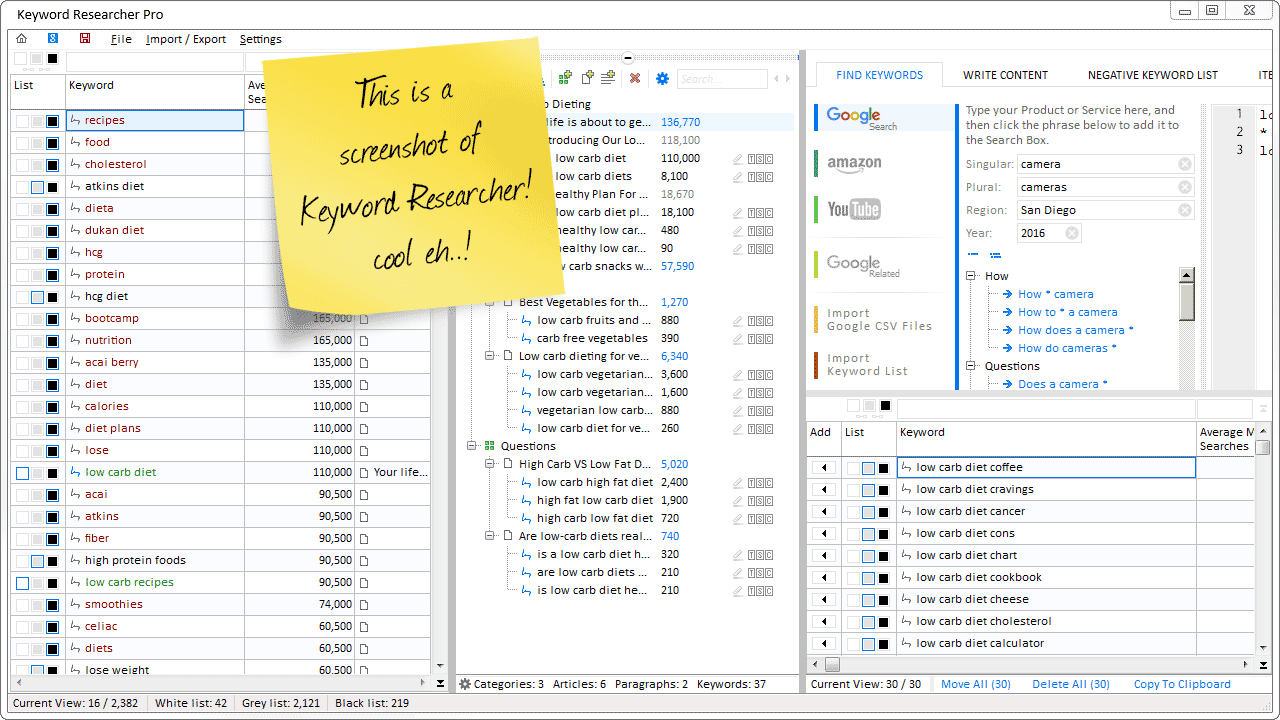
Organize Keywords and Import CSV Files from the Google Keyword Planner
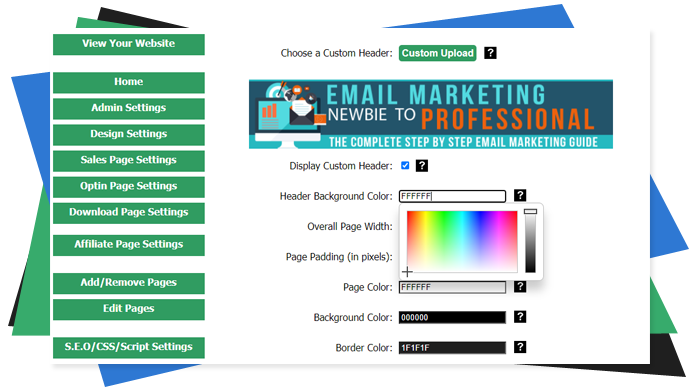
The Most Affordable And Easiest User Friendly Page Builder You Will Ever Use!

Instant WordPress Theme That Matches Your Website
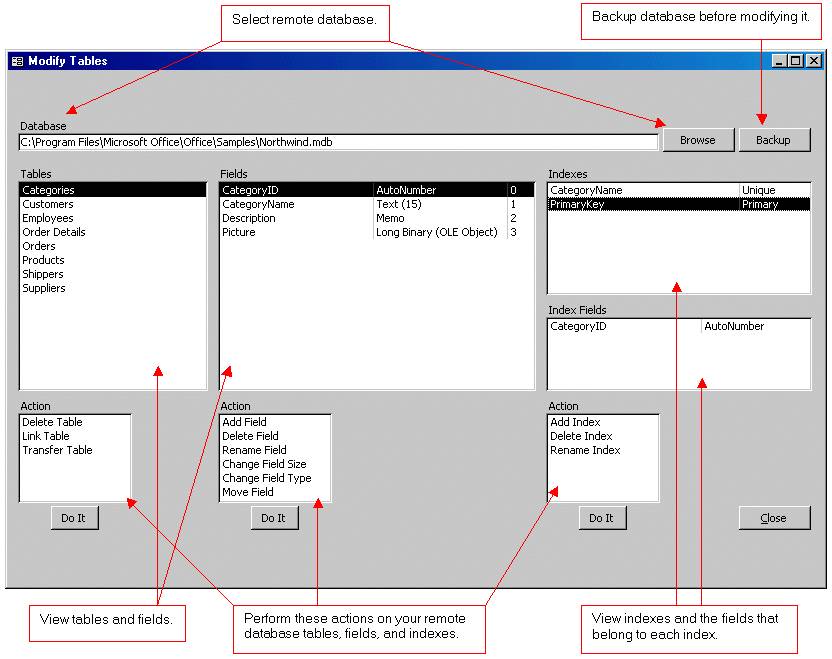
Wizard to Manage Remote Backend MS Access Database Tables Fields and Indexes

If you had an aisle-by-aisle grocery list wouldn't you spend less money on impulse items?
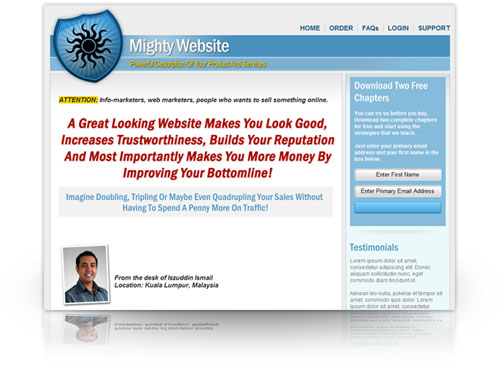
everything you need to create a professional corporate look mini-site is there.

Unlock Your Networking Potential with GNS3Vault
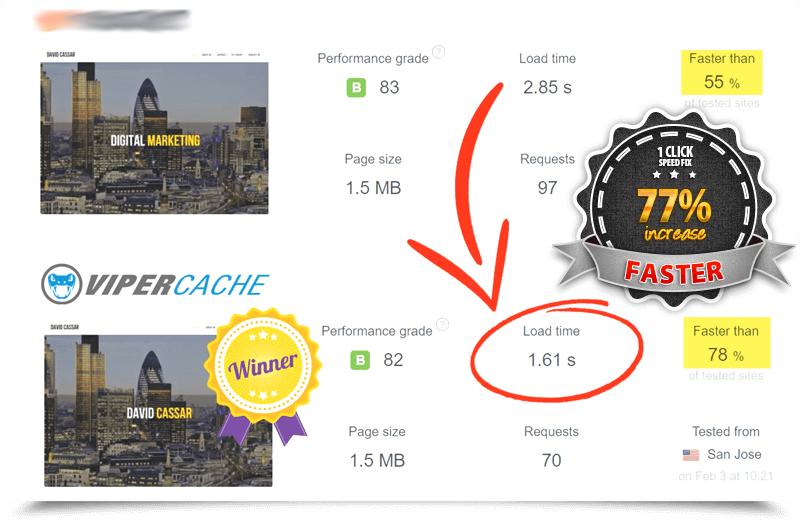
Viper Cache Was 77% Faster Than The Competetion

Understanding Stock Market Shorting eBook
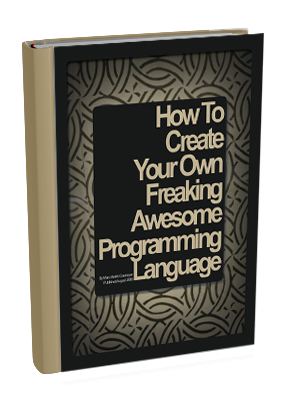

Leave a Reply